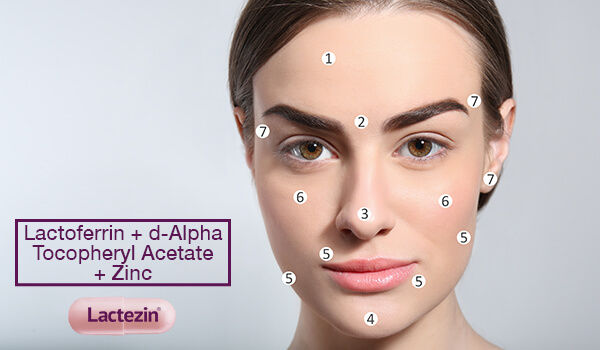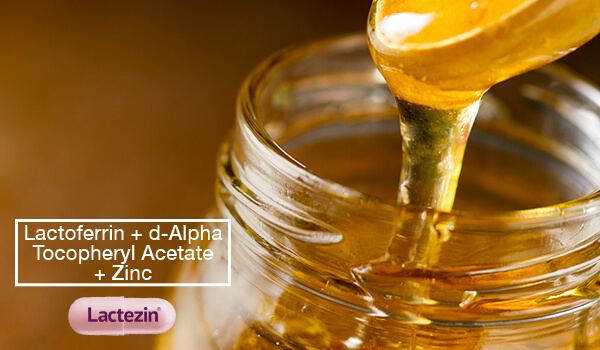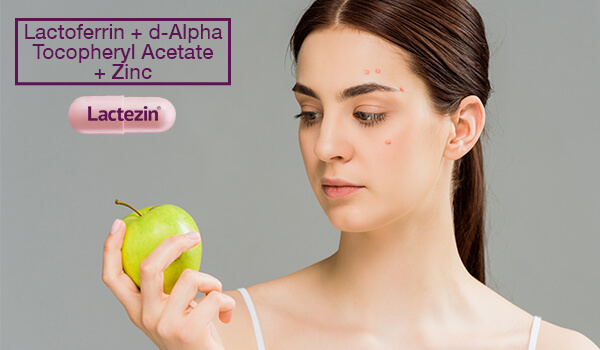How Does Stress and Anxiety Affect Your Skin?

Life can get pretty tough but have you ever noticed that your skin seems to act up when you’re stressed or anxious? As if you weren’t bummed enough already, you have to deal with breakouts, oily skin, rashes, among others.
Don’t worry, it’s not just in your head—feeling stressed out really can affect your skin—and vice versa. Here we talk about how stress and anxiety can impact your skin, plus what you can do about it.
How our skin responds to stress
Because our genetic makeups are different, everyone’s body and skin will respond to stress in different ways. However, according to skin experts, our skin can’t tell the difference between different types of stress, whether they’re physical, psychological, emotional, or environmental.
To our skin, stress can either be acute or chronic. Chronic stress, which is the kind you experience over a long period of time, is more detrimental to your skin. This means the longer you endure stress, the more it takes a toll on your skin.
These are some of the ways stress and anxiety can affect your skin:
Stress triggers inflammation
Whether you’re prone to acne, psoriasis, or eczema, stress can cause skin issues to flare up. In the case of acne, stress releases cortisol which throws off other hormones in your body and causes breakouts.
The stress you’re experiencing can also disrupt the balance of good and bad bacteria in your gut, causing internal inflammation. The body responds to this internal “attack” by increasing inflammatory markers or cells to treat it, which can then trigger flare-ups of skin conditions you may already be predisposed to.
Stress can dry out your skin
When we’re under stress, the body goes into fight-or-flight mode, resulting in a spike in adrenaline and cortisol. This increase in adrenaline causes you to sweat more. When your sweat glands are activated, you lose a lot of water very quickly and you can become dehydrated if you’re not replenishing it with water.
It can make your skin oilier
We talk about cortisol, the stress hormone, in the previous section. The same hormone also revs up the activity of the sebaceous glands in the skin, which leads to an increase in oil production. So if you notice that you’re getting unwanted shine on your face during stressful periods, you’re not just imagining it. Of course, increased oil production is followed by a blockage in the pores, which then leads to acne breakouts.
Stress can also affect your hair, scalp, and nails
Some individuals may find their hair oilier or drier than normal during times of stress, depending on how their bodies respond to the shift in hormone levels. In some cases, stress can lead to flare-ups of seborrheic dermatitis, which results in redness and flaking of the scalp.
For some, it may cause hair to start shedding especially when the body experiences a major stressor. (Though the effects of such stress may not be noticeable until months later.) With these major stressors, your body stops producing hair, which is not crucial for surviving or healing.
The same way, it also stops making nails, so when the body distributes energy to promote healing, nails aren’t on top of the priority list. This may result in nails that are weak or brittle.
Managing stress and skin conditions
With all this talk of stress-induced skin problems, will your skin clear up once you tamper down on stress? Not necessarily.
Of course, having de-stressing techniques is always a great idea, whether it’s deep breathing, meditating, yoga, or whatever works for you. But it’s important to understand that less stress does not magically get rid of skin problems. Equally important is for you not to blame yourself and think that if you manage your stress better, your skin would be just fine. This kind of pressure on you to eliminate stress for the sake of better skin can only stress you out even further.
The key takeaway is that there are many ways stress and skin can affect each other and managing stress is just part of the puzzle that can help clear up your concerns. Here are some tips that take on a more holistic approach to stress-related skin problems:
-
Maintain healthy eating habits.
Switching to a healthy diet may not automatically get rid of acne overnight but it’s also good to keep skin healthy from the inside out. Make sure you get plenty of fruits and vegetables and drink 6-8 glasses of water daily. If you are already acne-prone, you may want to avoid high GI foods such as white bread, cookies, and sugary desserts.
-
Mind your posture.
Poor posture affects the imbalance of stress hormones. So something as simple as adjusting your posture can already combat stress and put you in a better mood almost instantly.
-
Keep your skincare rituals.
Not only does your skincare routine keep your skin healthy, but the ritual aspect of it can also help manage your anxiety. Skincare is tactile, regulated, and can help you create a sense of control.
Need a solution that can help reduce negative effects on the skin?
Try Lactoferrin + d-Alpha Tocopheryl Acetate + Zinc (Lactezin)!
These 3 skin-boosting ingredients can help maintain healthy skin cells, plus enhance the body’s immune system. Through regular intake, Lactezin can help fight pimple-causing bacteria and improve skin balance in as fast as 2 weeks.
Want to take your skincare to the next level? Learn more about the basics here.
SOURCES:
https://www.self.com/story/how-stress-impacts-skin
https://www.cosmopolitan.com/style-beauty/beauty/how-to/a39033/stress-signs-hair-skin-nails/


